It’s been more than three years since Russia invaded Ukraine. The United States and the European Union rallied behind the country providing financial and military support, while a cultural boycott saw Russia banned from multinational events like Eurovision.
Russian artists and institutions were also boycotted. When London's Royal Ballet put on a performance of 'The Nutcracker' in late 2022, it confirmed its policy wouldn't be to work with those associated with the Russian state, such as the Bolshoi Theatre. Since 2022, strict approaches like these have waned. For example, the controversial Russians at War which debuted at last year's Venice Biennale.
Yet, throughout Europe, Russian culture continues to be enjoyed at large. Russia's long history of literature, classical music and theatre is so enmeshed within the Western artistic canon, that despite some early calls for its boycott, many European institutions have remained behind a position of separating the art from the current political climate.
From the start of the war, Ukraine's position has been a total boycott of Russian art. Now, the government-run fundraising platform, United24, is renewing its efforts, to keep its agenda in the public eye, and it fears Western perception is moving more favourably towards the Russian state.
“While many people believe that culture is outside of politics,” a United24 Media Representative, who didn't want to be named, tells Euronews Culture. “Russia uses this belief to support the image of the country it needs.”
Right now, there are two major theatre productions of Anton Chekhov’s works in London, ‘The Seagull’ at the Barbican starring Cate Blanchett, and ‘Three Sisters’ at Shakespeare’s Globe. There’s also a production of the great Russian playwright’s ‘The Cherry Orchard’ at Paris’ Comédie-Française, and ‘The Seagull’ is set to run later this year in Berlin’s Schaubühne.
It’s not just Chekhov. Just last month, a production of Pyotr Tchaikovsky’s ‘Eugene Onegin’ ran at Milan’s Teatro alla Scala. Even 19th century writer Fyodor Dostoevsky had something of a renaissance when Gen Z readers discovered his short story "White Nights" last year through a #BookTok trend for the romantic novella.
But a new campaign from United24 says that the continued embrace of Russian culture – and particularly its literature – needs to be further inspected. “Literature was without question the most effective tool of colonisation of the non-Russian outskirts of the Russian Empire,” the representative says.
Dig deeper into these “Russian greats” and you find strains of thought that are pervasive in the current nation’s belligerence. Whether it is Leo Tolstoy’s glorification of the empire or Alexander Pushkin’s othering of Ukrainians, United 24 believes these greats can’t be read in a vacuum away from the war.
“The works of Lermontov, Chekhov, and Tolstoy clearly depict Ukrainian Cossacks in a negative light. They are portrayed as wild and illiterate, which is both untrue and unsurprising, given their history of fierce resistance to the Russian Empire,” United24 says.
If Russia’s literary classics were so great, why have they “failed to prevent the events that are currently unfolding?” United24 asks. The agency is concerned that through consuming Russian culture, it acts as propaganda.
Its campaign ‘Russian culture distracts from Russian crimes’ highlights the heavy toll on Ukrainian cultural institutions. Early into the war, the Mariupol Drama Theatre was bombed by Russian forces. At the time, it was being used as a shelter and it's estimated around 600 people were killed.
Both London Chekhov productions declined the opportunity to comment on the topic. However, Ani Kokobobo, Associate Professor of Russian Literature at University of Kansas, argues that we shouldn’t turn away completely from Russian literature
“[A] human being living on the surface of the Earth has no right to turn away and ignore what is happening on Earth, and there are higher moral imperatives for this,” she says, quoting Dostoevsky.
“Surely the intentional shelling of children in Mariupol is something Dostoevsky couldn’t possibly look away from either,” Kokobobo writes in The Conversation. “At the same time, nor should readers look away from the unseemliness of Dostoevsky and his sense of Russian exceptionalism.”
For Kokobobo too, it’s impossible to shy away from much of the nation’s literature that propagates Russian dogmatism of its own greatness. These ideas "are connected to the broader ideology that has fueled Russia’s past colonial mission, and current Russian foreign politics on violent display in Ukraine," she says.
If Russian literature wasn't enough to stop the war, inspiration from it may still be crucial to the downfall of Putin's regime. So believed assassinated opposition politician Alexey Navalny, who quoted Tolstoy after his March 2022 trial: “War is a product of despotism. Those who want to fight war must only fight despotism.”
There is also contemporary Russian culture made by dissidents to take into consideration. For instance, film director Kirill Serebrennikov has faced persecution in his home country moving to Berlin after years under house arrest. He's a staunch critic of Russian President Vladimir Putin, not just for the war, but also for Russia’s crippling stance on LGBTQ rights. His most recent film Limonov: The Ballad about the political dissident debuted at last year’s Cannes Film Festival.
Similarly, the frequently persecuted punk band Pussy Riot have continued to stoke controversy. In 2022, members were arrested before an attempt to storm the pitch at the World Cup final in Qatar to protest the war in Ukraine.
If we can't fully detach ourselves from Russian culture, United24 argues that people should at least further champion Ukrainian art and give it its due recognition.
“It has much to offer the world, despite its systematic destruction over the last 300 years by the Russian Empire, through which it not only passed with honour but also preserved itself and developed,” the representative says.
“And it is definitely worth preserving for the future. Which, of course, is impossible unless Putin is stopped.”

 20 hours ago
1
20 hours ago
1
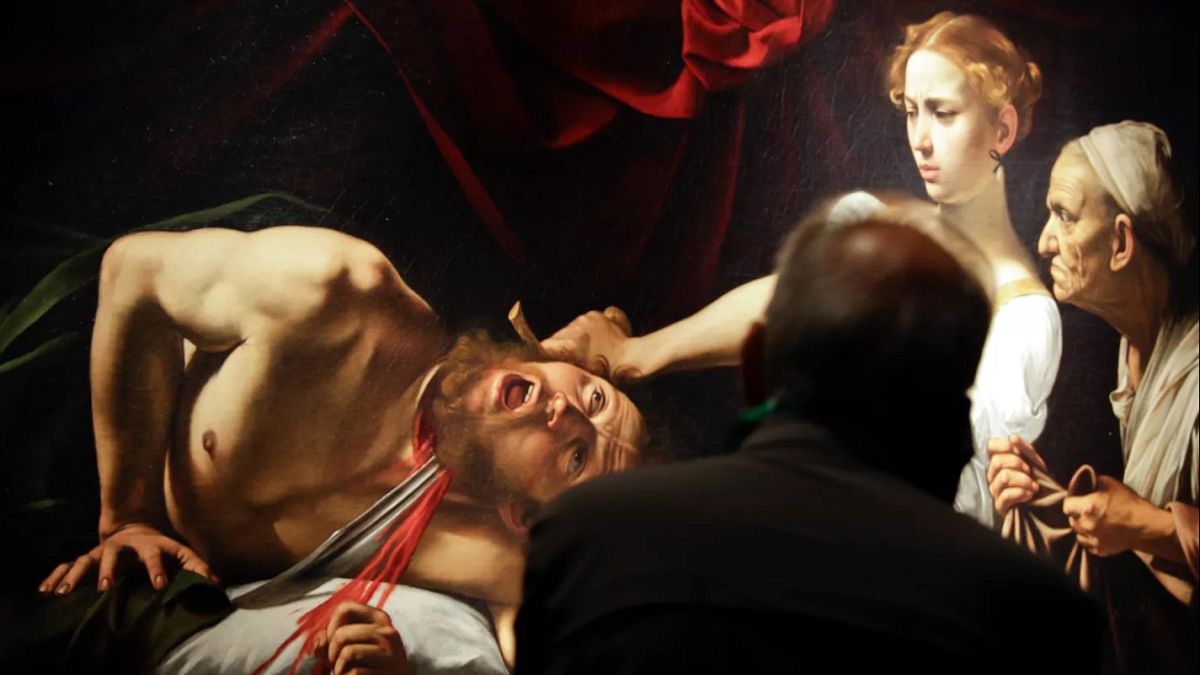
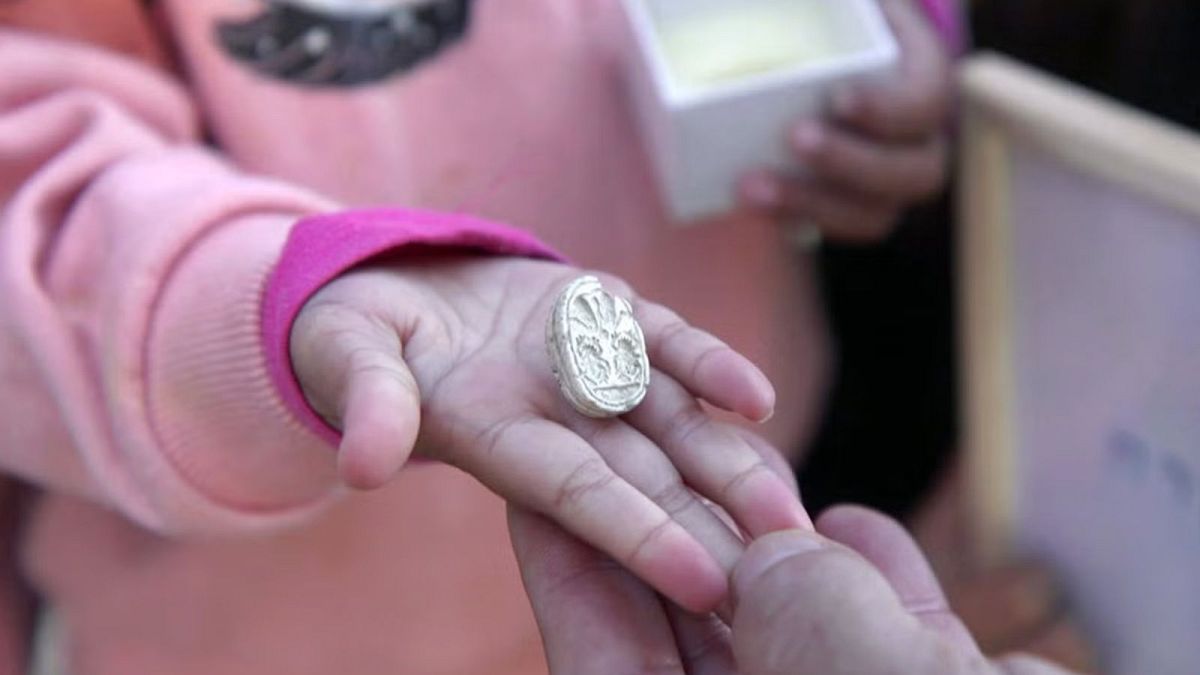

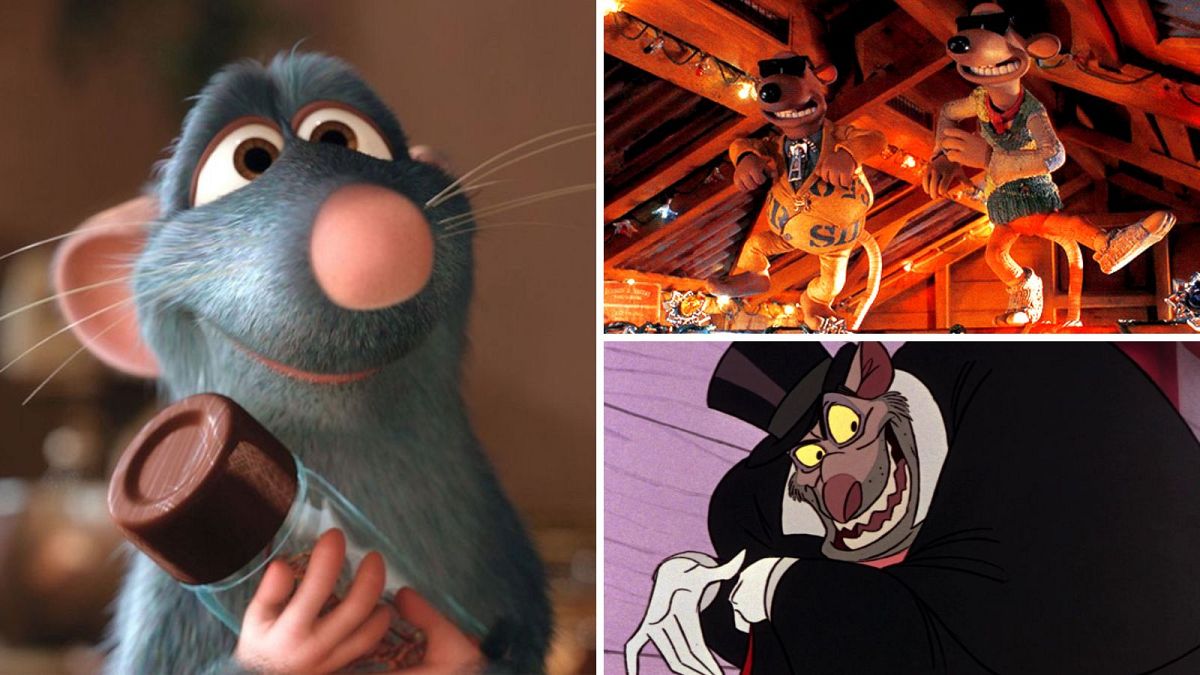
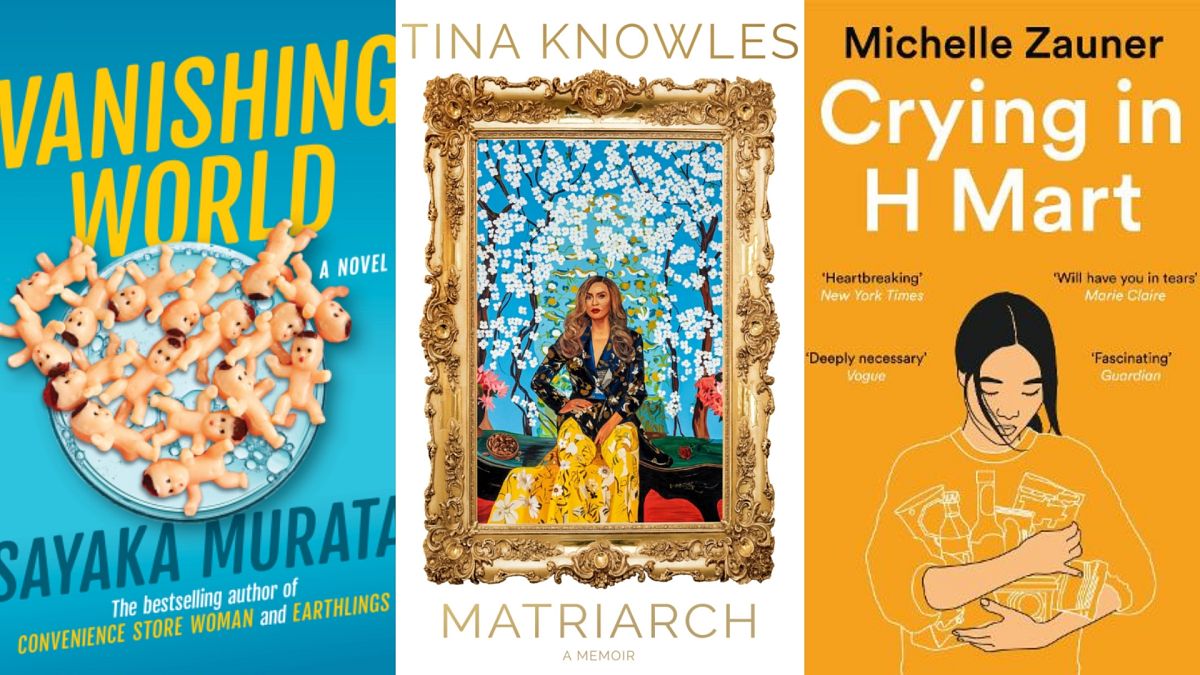
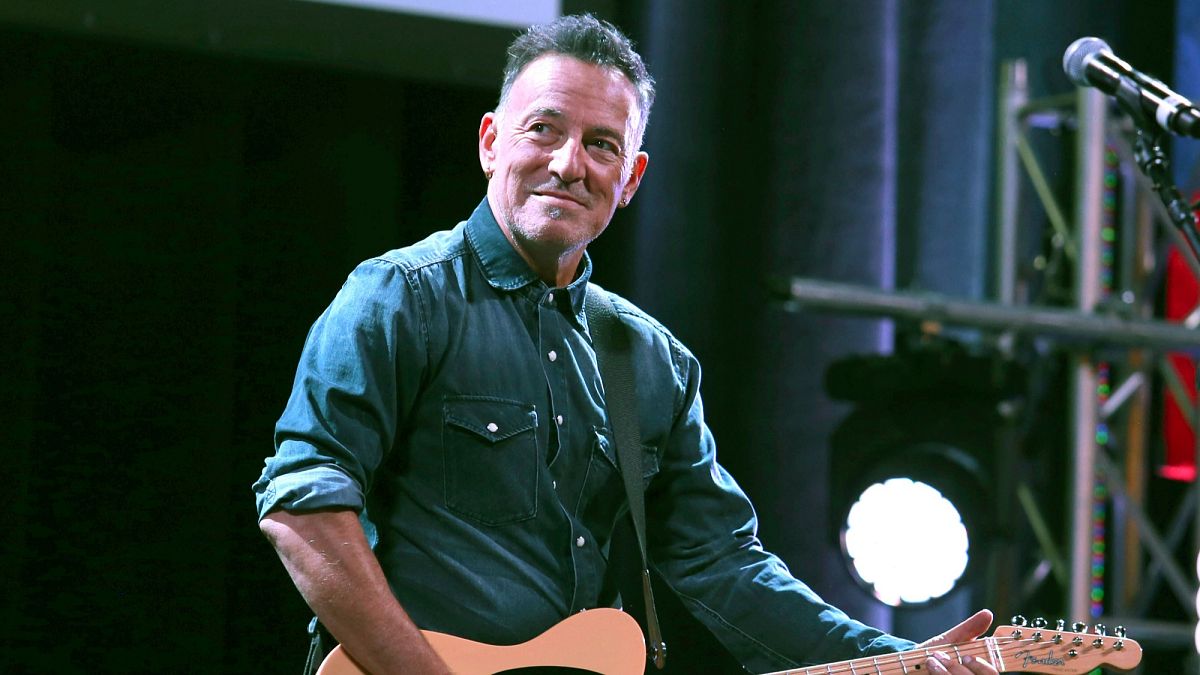
 We deliver critical software at unparalleled value and speed to help your business thrive
We deliver critical software at unparalleled value and speed to help your business thrive






 English (US) ·
English (US) ·